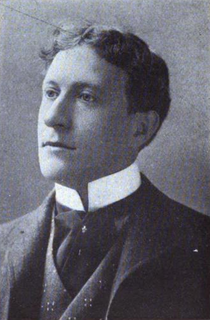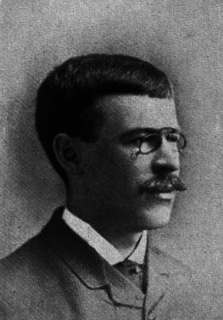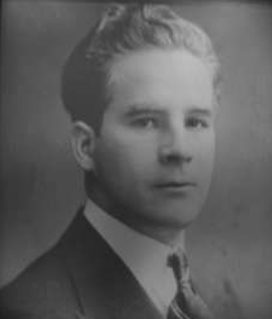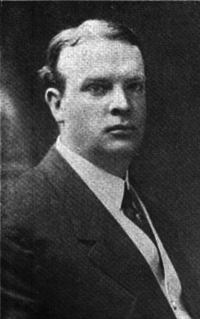| Elections in Massachusetts | ||||
|---|---|---|---|---|
 | ||||
| ||||
The Boston mayoral election of 1914 occurred on Tuesday, January 13, 1914. James Michael Curley, member of the United States House of Representatives, was elected Mayor of Boston for the first time, defeating Thomas J. Kenny, president of the Boston City Council. [1]

James Michael Curley was an American Democratic Party politician from Boston, Massachusetts. One of the most colorful figures in Massachusetts politics in the first half of the 20th century, Curley served four terms as Democratic Mayor of Boston, Massachusetts, including part of one while in prison. He also served a single term as Governor of Massachusetts, characterized by one biographer as "a disaster mitigated only by moments of farce", for its free spending and corruption.

The United States House of Representatives is the lower chamber of the United States Congress, the Senate being the upper chamber. Together they comprise the legislature of the United States.

The Mayor of Boston is the head of the municipal government in Boston, Massachusetts. Boston has a mayor-council system of government. Boston's mayoral elections are non-partisan, and elect a mayor to a four-year term; there are no term limits. The mayor's office is in Boston City Hall, in Government Center.
Contents
Incumbent mayor John F. Fitzgerald withdrew in December, [2] citing illness; in actuality, Curley and attorney Daniel H. Coakley forced Fitzgerald from the race after learning of his indiscretions with a cigarette girl, Elizabeth "Toodles" Ryan. [3]
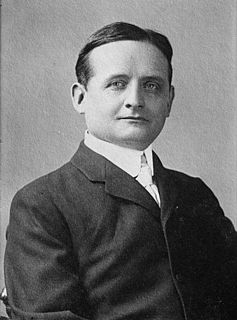
John Francis "Honey Fitz" Fitzgerald was an American politician, father of Rose Kennedy and maternal grandfather of President John F. Kennedy.
Daniel Henry Coakley was an American political figure and lawyer. As an attorney, he took part in numerous badger game extortion schemes. He was disbarred in 1922 for deceit, malpractice, and gross misconduct. He later was elected to the Massachusetts Governor's Council, where he secured a pardon for mobster Raymond L. S. Patriarca. He was impeached in 1941 for using his position and influence to secure pardons in exchange for financial gain.

Cigarette girl, in Europe and the United States, generally refers to a person who sells or provides cigarettes from a tray held by a neck strap. They may also carry cigars and many novelty items like lighted roses, candy, snacks, chewing gum, lighted jewelry, and lighted yo-yos on their trays.
Curley was inaugurated as mayor on Monday, February 2, [4] and intended to continue also serving in Congress. However, on February 25, after political pressure mounted to unseat him, Curley announced his resignation from Congress, retroactive to February 4. [5]
This was the last January-scheduled general election for Mayor of Boston; the next mayoral election was held in December 1917.
A general election is an election in which all or most members of a given political body are chosen. These are usually held for a nation's primary legislative body, as distinguished from by-elections and local elections.

